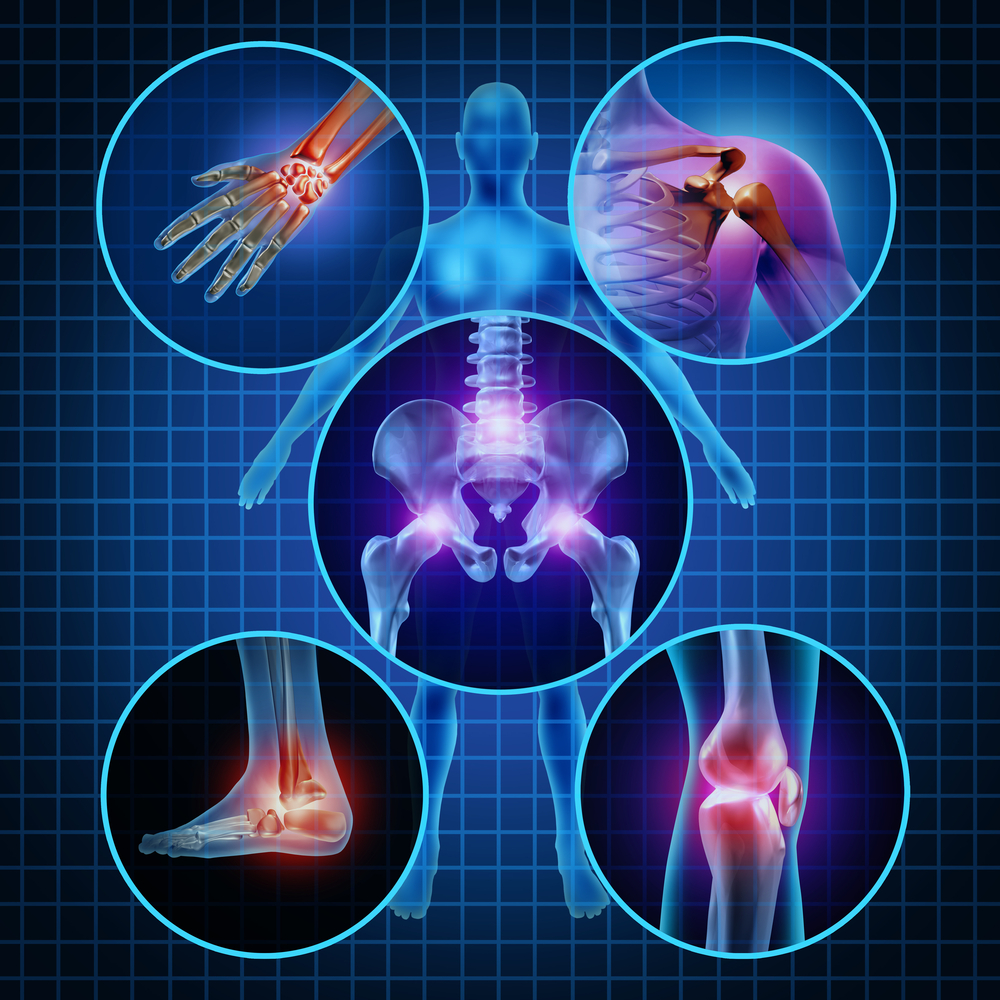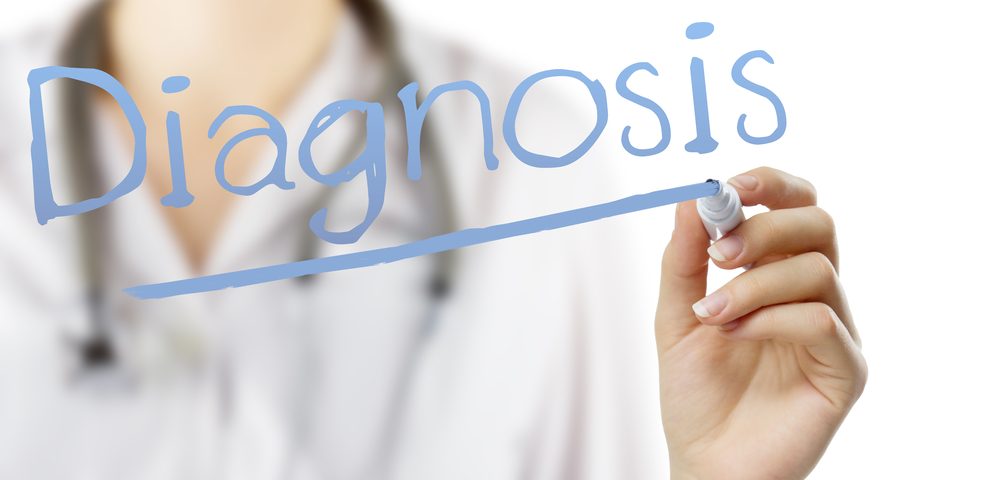Orthopedics
Orthopedics – NIMS Hospital
Orthopaedics is a medical specialty that focuses on the diagnosis, correction, prevention, and treatment of patients with skeletal deformities – disorders of the bones, joints, muscles, ligaments, tendons, nerves and skin. These elements make up the musculoskeletal system.
ORTHOPAEDICIAN
Doctors devoted to the prevention, diagnosis, and treatment of disorders of bones, joints, and muscles are known as Orthopedician. An orthopaedic surgeon is an expert with extensive training in the proper diagnosis and both non-surgical and surgical treatment of injuries and diseases of the musculoskeletal system. Orthopaedic surgeons treat patients of all ages. They provides treatment for sports injuries and joint replacement to fractures and spinal deformity.
“Orthopaedic care helps people reclaim their quality of life. It is invaluable.”

Conditions that an orthopedician would treat
Treatment for orthopedic conditions -
Orthopedic surgeons work with musculoskeletal problems, which may include the following:
- Injury or condition diagnosis
- Providing treatments such as medicine, exercise, surgery, casting, and so on.
- Rehabilitation centers or physical therapy to regain movement, muscle, and function
- Preventing further injury and slowing disease development
Apart from musculoskeletal diseases and conditions, orthopaedics can also specialise in other regions such as the spine, shoulder, hand, foot, ankle, hip, or knee. They could specialise in paediatrics, injuries, or sports medicine.
Diagnosis
- Injury or condition diagnosis
- Providing treatments such as medicine, exercise, surgery, casting, and so on.
- Rehabilitation centers or physical therapy to regain movement, muscle, and function
- Preventing further injury and slowing disease development
Apart from musculoskeletal diseases and conditions, orthopaedics can also specialise in other regions such as the spine, shoulder, hand, foot, ankle, hip, or knee. They could specialise in paediatrics, injuries, or sports medicine.

Treatment without surgery
Certain musculoskeletal problems can be treated without surgery. Orthopedic surgeons can recommend medications, exercise, rehabilitation, or alternative therapies. They suggest surgery when patients do not react to nonsurgical treatments.
Surgical treatment
An orthopedic surgeon can conduct a variety of surgeries. Among the most prevalent procedures are:
- Arthroscopy : This technique visualizes, detects, and treats joint conditions using special cameras and equipment.
- Joint replacement : Joint replacement surgery can be partial, complete, or revision. An arthritic or damaged joint is removed and replaced with an artificial joint known as a prosthesis during this procedure.
- Fusion : This procedure includes fusing bones with bone grafts and internal devices such as metal plates to form a single solid bone.
- Osteotomy : A bone deformity is corrected by cutting and moving the bone.
- Internal fixation : This technique includes the use of metal plates, pins, or screws to hold the broken bone pieces in place.
When should you consult an orthopedic surgeon?
Muscle and joint pain are frequently temporary and resolve on their own if they occur as a result of an accident. However, if your pain lasts longer than 3-5 days, you should see the finest orthopaedics if:
- You are finding it difficult to move as you did before the injury;
- You are unstable when walking or standing; or
- You are having difficulty performing everyday tasks such as walking.
FAQ
Orthopedics is a medical specialty that concentrates on the diagnosis, treatment, and prevention of musculoskeletal conditions and injuries, which include bones, joints, muscles, ligaments, tendons, and nerves. Orthopedic doctors treat a broad variety of conditions with both surgical and non-surgical treatments, including fractures, arthritis, sports injuries, and spinal disorders.
You should see an orthopedic doctor if you are experiencing pain, swelling, or stiffness in your joints or muscles, or if you have sustained an injury to your musculoskeletal system. Common reasons to see an orthopedic doctor include fractures, sprains, strains, and tears; arthritis and other degenerative joint conditions; back and neck pain; and sports injuries.
During a visit to an orthopedic doctor, you will undergo a physical examination and a review of your medical history to help diagnose the condition. The orthopedic doctor may also order diagnostic tests such as X-rays, MRI, or CT scans to help identify the problem. After the examination and testing, the orthopedic doctor will provide you with a diagnosis and a treatment plan, which may include medication, physical therapy, or surgery if necessary. The orthopedic doctor will also provide ongoing follow-up care to monitor your progress and adjust treatment as needed.

